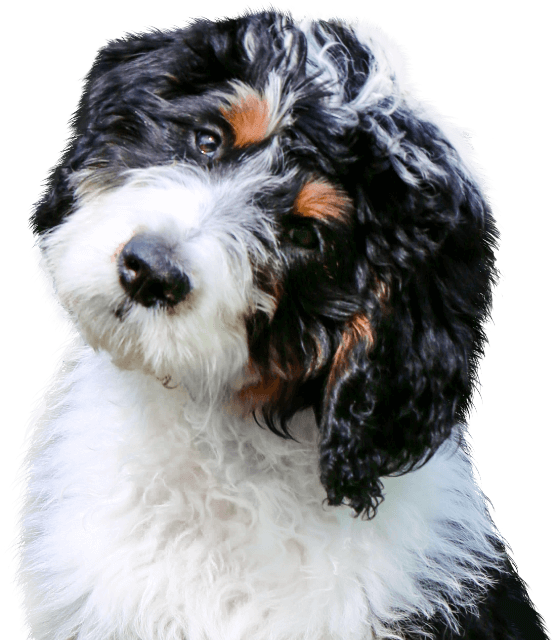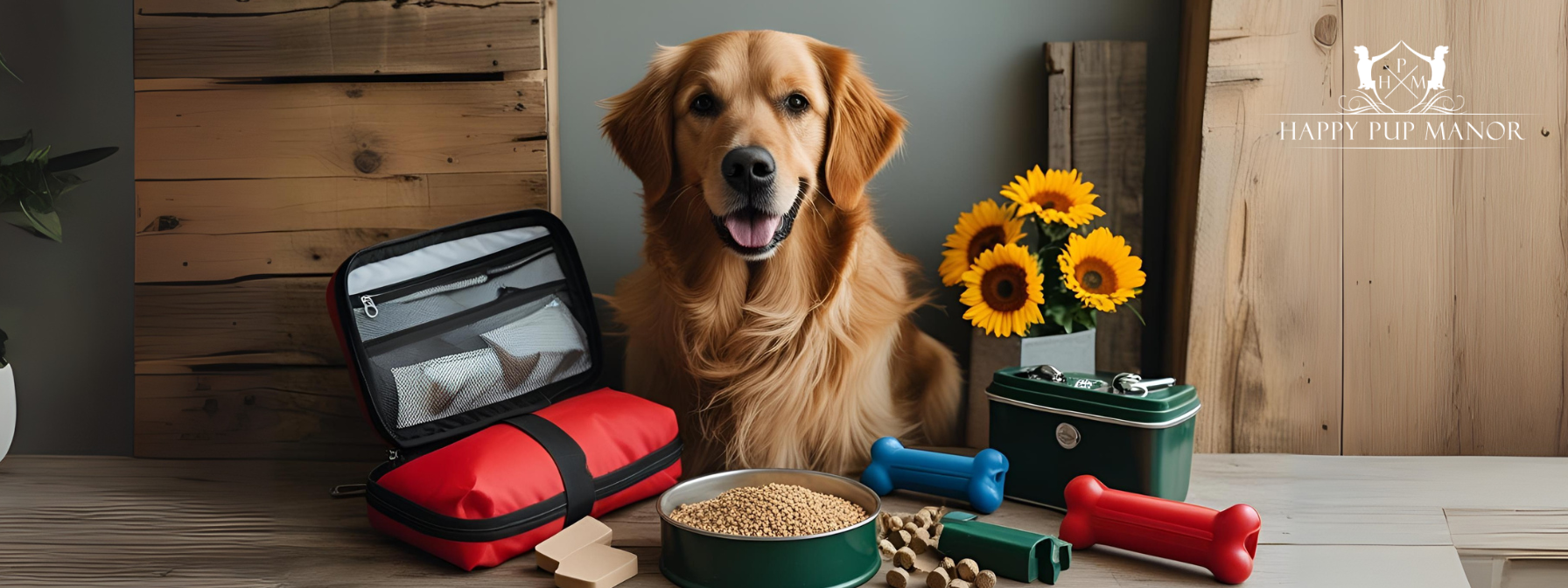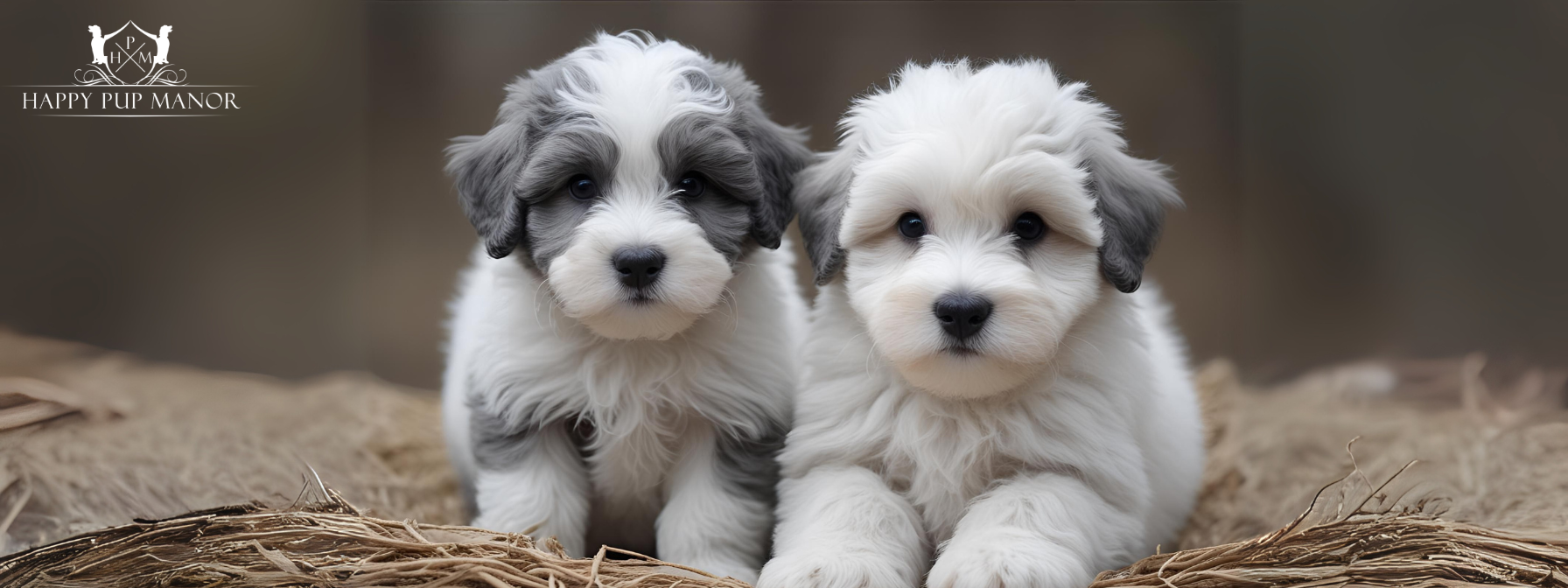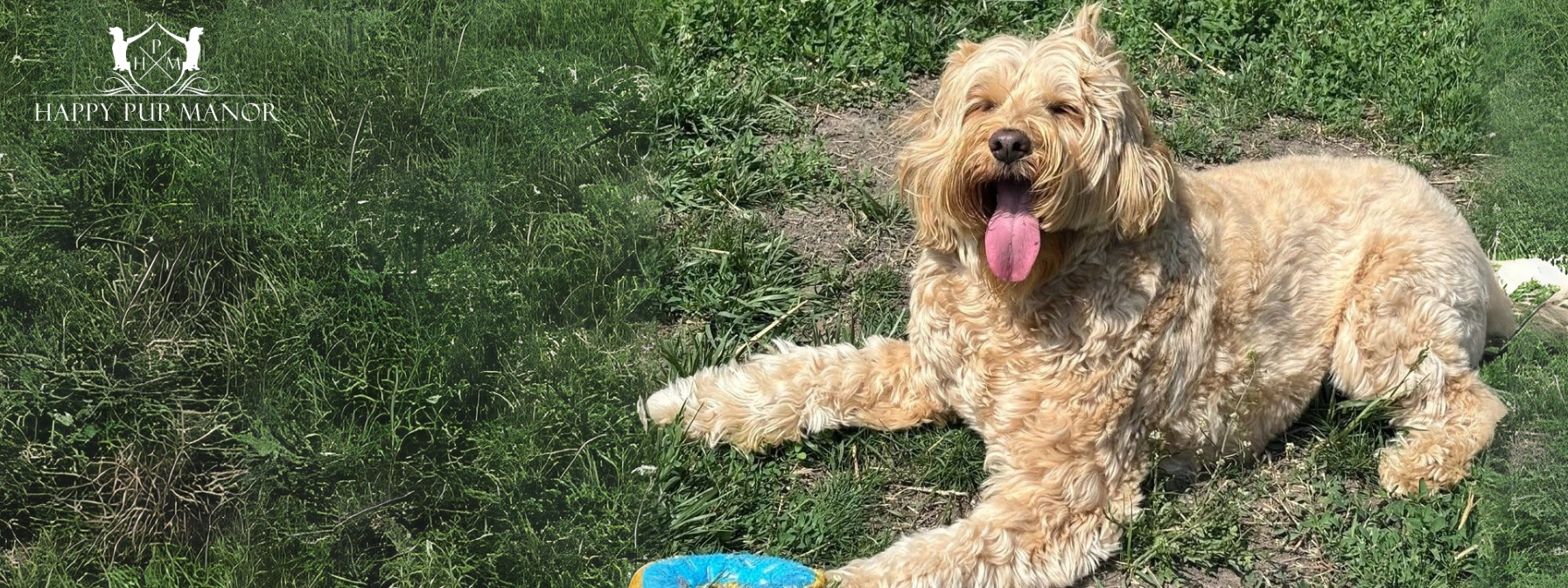Dog Kennel Cough: Symptoms and Treatment
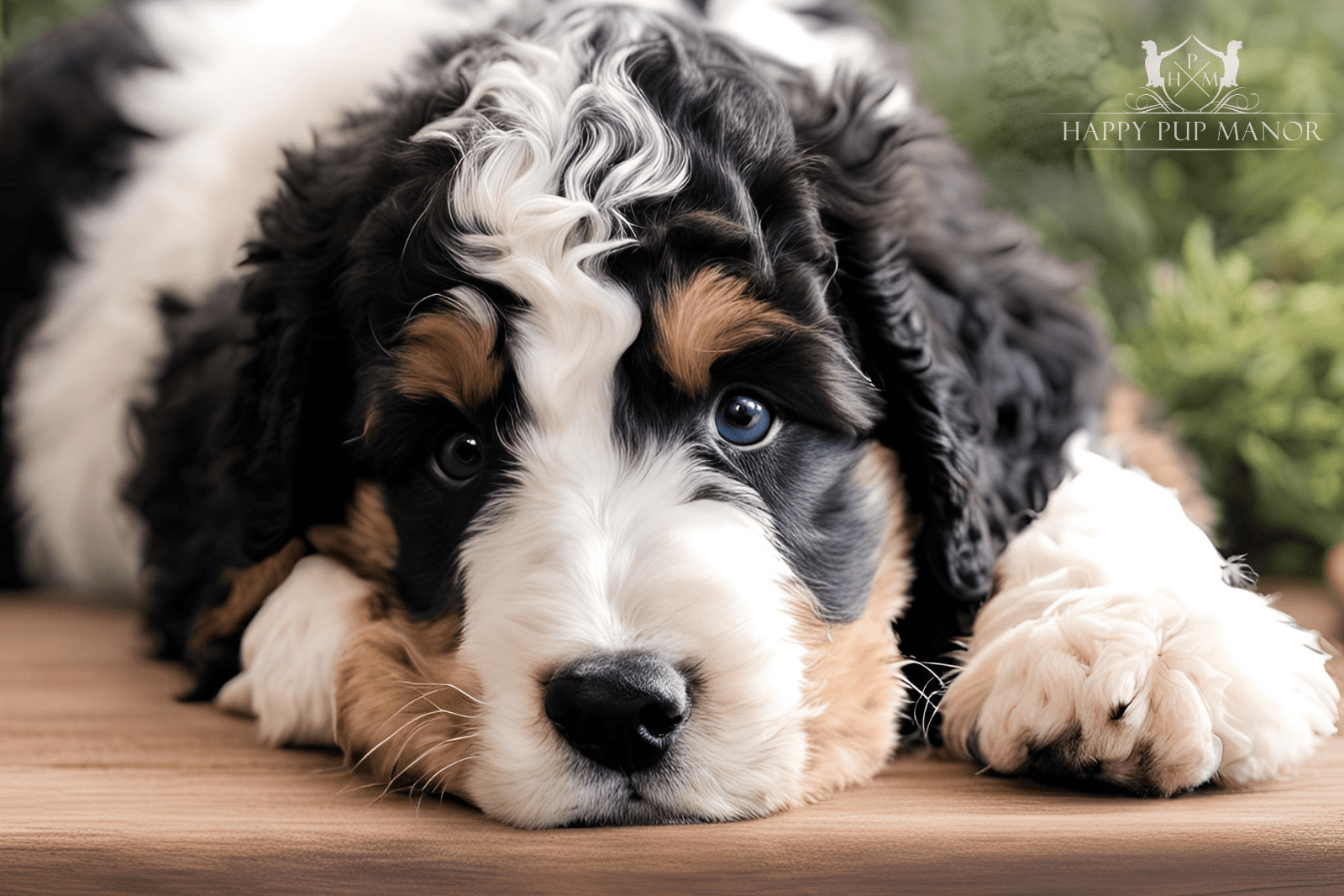
Dog Kennel Cough: Symptoms and Treatment
Understanding Dog Kennel Cough
What Are The Causes of Kennel Cough?
-
Canine Parainfluenza Virus (CPIV): A respiratory virus that contributes to inflammation in the trachea and lungs.
-
Canine Adenovirus Type 2 (CAV-2): Often associated with coughing and other respiratory tract infection symptoms.
-
Canine Herpesvirus and Canine Coronavirus: While less common, both viruses can compromise immunity and contribute to infection.
What Are The Symptoms of Kennel Cough?
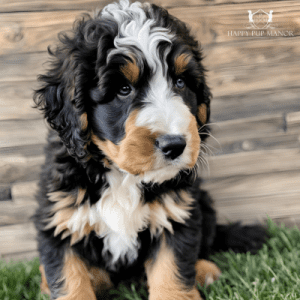
Recognizing kennel cough starts with identifying its signature symptom—a loud, hacking cough that can resemble choking or a honking goose. This persistent cough often irritates the throat and may be mistaken for something stuck in your dog’s airway. It can worsen with stress, excitement, or exercise, and sometimes lead to reverse sneezing episodes.
Additional symptoms include:
-
Sneezing
-
Runny nose and nasal discharge
-
Eye mucus
-
Fever and fatigue
-
Loss of appetite
-
General changes in behavior
The incubation period typically lasts 3 to 14 days after exposure to an infected dog or contaminated surface. During this time, your dog may appear healthy while already spreading the disease.
In some cases, the illness mimics signs of the common cold but can escalate to more serious complications like bronchitis, tracheal collapse, or inflammation of the larynx and trachea, especially in puppies or dogs with weak immune systems.
A proper physical examination from a DVM is essential to confirm the diagnosis. Your vet may recommend a polymerase chain reaction (PCR) test or radiography if the symptoms suggest a deeper respiratory tract infection. Treatment may involve dog cough medicine, antibiotics, or cough suppressant for dogs to support healing and comfort.
What Are The Stages of Kennel Cough?
 Kennel cough progresses through several stages, from exposure to recovery. The first stage is the incubation period. This is when your dog is exposed to the virus or bacteria, and symptoms first appear. The incubation period for kennel cough is typically 3 to 10 days.
Kennel cough progresses through several stages, from exposure to recovery. The first stage is the incubation period. This is when your dog is exposed to the virus or bacteria, and symptoms first appear. The incubation period for kennel cough is typically 3 to 10 days.
The next stage is the acute phase. This is when symptoms are most severe. Your dog may have a persistent cough, runny nose, and eye discharge. Your pup may also show signs of lethargy or loss of appetite. This stage can last from a few days to several weeks.
The final stage is recovery. Most dogs will recover from kennel cough without treatment within 1 to 3 weeks. However, some dogs may require antibiotics or cough suppressants to help manage symptoms.
Here are the stages of kennel cough:
- Incubation period: 3 to 10 days
- Acute phase: a few days to several weeks
- Recovery: 1 to 3 weeks
During recovery, monitoring your dog’s breathing and appetite is essential. If your dog’s condition worsens or doesn’t improve within a few weeks, consult your vet. They may recommend additional treatment options.
Is Kennel Cough Deadly?
Kennel cough is usually not deadly. However, it can be more severe in puppies, older dogs, and dogs with pre-existing health conditions. If left untreated, kennel cough can lead to pneumonia.
Pneumonia is a severe condition that can be life-threatening. If your dog has kennel cough, it’s essential to monitor it closely. If the symptoms worsen or the dog shows difficulty breathing, seek veterinary care immediately.
While kennel cough is not typically deadly, it can lead to severe complications. Therefore, it’s crucial to take it seriously and seek appropriate treatment. Most dogs get better from kennel cough without serious problems, so you shouldn’t worry too much about your pup. Preventing kennel cough through vaccination and good hygiene is more effective than treating it after infection.
How Long Are Dogs Contagious With Kennel Cough?
Dogs with kennel cough are typically contagious for about 10-14 days after exposure. This can vary based on the dog’s immune system and the type of virus or bacteria.
It’s crucial to isolate your dog during this time to prevent the spread of the disease to other dogs.
Dog Kennel Cough Vaccine
The kennel cough vaccine is an important shot that protects your dog from this contagious disease. This vaccine is usually given through the nose or with a shot. This type of vaccine is advisable for dogs that spend a lot of time with other dogs.
The vaccine does not offer complete immunity. However, it helps to lessen the seriousness of symptoms and lowers the chance of spreading the illness.
Puppies can typically receive the kennel cough vaccine as early as 6 to 8 weeks of age. You must consult your veterinarian for the appropriate vaccination schedule based on your puppy’s health and lifestyle. Regular vaccinations can help protect your puppy from kennel cough and other contagious diseases, ensuring its healthy growth.
Read: What Shots Does My Puppy Need?
Side Effects of Kennel Cough Shot
Kennel cough vaccines, while generally safe, can sometimes cause side effects in dogs. Common side effects include:
Mild Respiratory Symptoms: Some dogs may experience mild coughing, sneezing, or nasal discharge after vaccination. These usually resolve on their own.
Local Reactions: Swelling or tenderness at the injection site can occur. It is typically minor and resolves within a few days.
Lethargy: Your dog might seem more tired or less active shortly after receiving the vaccine.
Reduced Appetite: A temporary decrease in appetite can happen after vaccination. Normal appetite returns to within a day or two.
Mild Fever: Some dogs might develop a slight fever after vaccination, which should subside without treatment.
Allergic Reactions: Although rare, some dogs may experience allergic reactions, such as hives, itching, or swelling. Severe reactions are rare but need quick veterinary care.
If your dog shows severe side effects, it’s crucial to contact your vet immediately. Regular monitoring after vaccination can help ensure your dog’s well-being. Always discuss any concerns with your veterinarian to make informed decisions about your dog’s health.
Can A Vaccinated Dog Get Kennel Cough?
Yes, a vaccinated dog can still get kennel cough. The vaccine covers several, but not all, strains of the virus and bacteria that cause kennel cough.
Even with vaccination, a dog can contract a strain not covered by the vaccine. However, vaccinated dogs usually experience milder symptoms compared to unvaccinated dogs.
It’s important to note that vaccination is still highly recommended. Especially for dogs that frequent boarding facilities, dog parks, or other places with many dogs.
In conclusion, while vaccination doesn’t guarantee complete immunity, it significantly reduces the risk and severity of kennel cough.
Does Kennel Cough Cause Diarrhea and Other Concerns?
 Kennel cough primarily affects the respiratory system and typically does not cause diarrhea. Its main symptoms include a persistent cough, nasal discharge, and mild fever. Diarrhea is not usually seen with kennel cough. However, it can happen if a dog is very stressed or has other infections.
Kennel cough primarily affects the respiratory system and typically does not cause diarrhea. Its main symptoms include a persistent cough, nasal discharge, and mild fever. Diarrhea is not usually seen with kennel cough. However, it can happen if a dog is very stressed or has other infections.
Other Concerns Related to Kennel Cough:
Secondary Infections: In some cases, kennel cough can lead to secondary bacterial infections. This may complicate the illness and cause additional symptoms.
Complications: Puppies, older dogs, or dogs with weak immune systems may have more serious symptoms and problems. This can include pneumonia, which needs quick treatment from a vet.
Spread of Infection: Kennel cough is highly contagious and can spread rapidly in environments with many dogs. Keeping your dog’s vaccinations current helps lower the chance of getting sick.
Chronic Cough: Some dogs may experience a persistent cough even after the initial infection has cleared. This can be distressing for your pup and may require further veterinary evaluation.
Natural Treatments for Kennel Cough
While most cases of kennel cough resolve without treatment, some natural remedies can help soothe your dog’s symptoms. These remedies are not a substitute for veterinary care, but they can provide some relief.
Here are a few natural treatments you can try:
- Honey: This natural sweetener can soothe your dog’s throat and reduce coughing.
- Coconut oil: Known for its antimicrobial properties, coconut oil can help fight off bacteria.
- Cinnamon: This spice has anti-inflammatory properties that can help reduce irritation in your dog’s throat.
Remember, always consult your vet before starting any new treatment regimen for your dog.
When to See a Vet: Treatment Options and Recovery
 If you suspect your dog has kennel cough, it’s best to consult a vet. They can diagnose the condition based on symptoms and history.
If you suspect your dog has kennel cough, it’s best to consult a vet. They can diagnose the condition based on symptoms and history.
A physical examination and sometimes diagnostic tests are used to confirm kennel cough. Treatment may include antibiotics, cough suppressants, or anti-inflammatory medications. During recovery, monitor your dog’s breathing and appetite. Rest, a healthy diet, and proper hydration are important for your dog’s recovery.
In severe cases like when pneumonia develops, you need to bring your pup to the vet ASAP. Always follow your vet’s advice for care and follow-up after a kennel cough diagnosis.
Read: How to Find A Good Vet for Your Pup
Can People Catch Kennel Cough?
Kennel cough is primarily a disease that affects dogs and is caused by a combination of viruses and bacteria. It is not transmissible to humans. However, it is important to note that the bacteria associated with kennel cough can potentially infect immunocompromised individuals. So, caution should be exercised around such individuals. Always talk to your vet for the best ways to keep your dog healthy and to prevent kennel cough from spreading.
Best Practices in Preventing Kennel Cough
 Preventing kennel cough is more effective than treating it after infection. Good hygiene and proper ventilation are key in preventing the spread of kennel cough.
Preventing kennel cough is more effective than treating it after infection. Good hygiene and proper ventilation are key in preventing the spread of kennel cough.
Avoid crowded dog areas during outbreaks and clean and disinfect items and surfaces that the infected dog has contacted. Regular cleaning of dog bowls, toys, and bedding can also help prevent kennel cough.
Here are some best practices for dog owners:
Vaccinate Your Dog: Ensure your dog is up-to-date with their kennel cough vaccinations. The Bordetella vaccine, often included in the canine distemper combination, helps protect against the most common causes of kennel cough.
Avoid High-Risk Areas: Limit your dog’s exposure to environments where they could come into contact with other dogs, such as kennels, dog parks, or grooming salons, especially if there are known outbreaks.
Maintain Good Hygiene: Regularly clean and disinfect areas where your dog spends time, including their bedding, toys, and living spaces, to reduce the risk of infection.
Monitor Health: Keep an eye on your dog’s health and seek veterinary care promptly if you notice signs of respiratory illness, such as coughing, sneezing, or nasal discharge. Early intervention can prevent the spread and severity of kennel cough.
Avoid Contact with Infected Dogs: If your dog has been in contact with a dog showing symptoms of kennel cough, try to limit their interactions with other dogs and monitor for any signs of illness.
Boost Immune Health: Ensure your dog is in good overall health by providing a balanced diet, regular exercise, and routine veterinary check-ups to keep their immune system strong.
Isolate Sick Dogs: If your dog develops kennel cough, keep them away from other dogs to prevent spreading the infection and consult your veterinarian for appropriate treatment.
Dog kennel cough, while generally manageable, can concerning condition for both you and your dog. By staying informed about its symptoms, prevention methods, and treatment options, you can help safeguard your furry friend from this contagious respiratory infection. Regular vaccinations, maintaining good hygiene, and monitoring your dog’s health are key steps in reducing the risk of kennel cough.
If you notice any signs of illness or have concerns about your dog’s health, don’t hesitate to consult your veterinarian for guidance and care. With proactive measures and attentive care, you can ensure your dog remains happy, healthy, and free from kennel cough.

